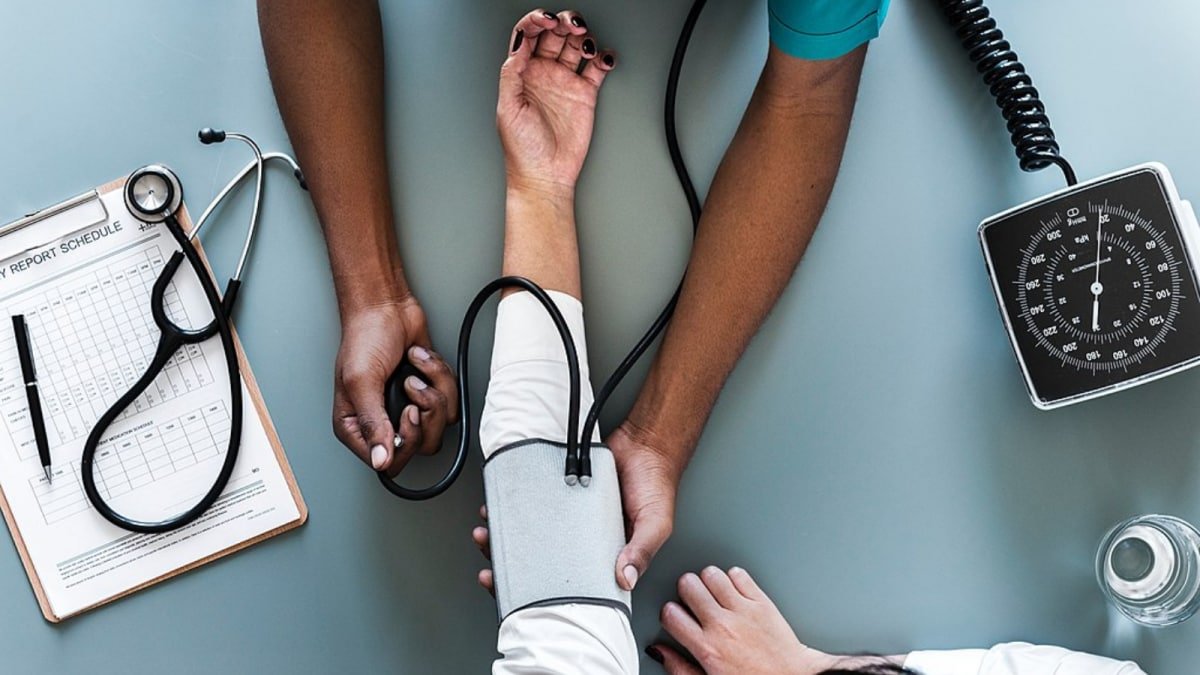Last Updated:June 09, 2025, 14:33 IST
Amidst metabolism changes and rising stress levels, here are some regular health tests that every man must get once they turn 30.
Early detection is crucial for proactive health management.
Crossing 30 isn’t just a life milestone – it’s a turning point for your health. As your body begins to shift, staying proactive becomes essential. From metabolism changes to rising stress levels, this decade calls for smarter lifestyle choices and timely check-ups. Regular health screenings can catch silent threats before they turn serious.
Dr. Waheed Zaman, Senior Director – Urology & Renal Transplantation, Max Super Speciality Hospital, Shalimar Bagh, Delhi shares a rundown of the most important tests every man should prioritise after hitting 30.
Blood Pressure Screening
Why it is important: High blood pressure (hypertension) is a silent killer. There may or may not be symptoms, but ignoring it could result in heart disease, damage to the kidneys, or stroke.
When: At least every 1–2 years. If your readings exceed the borderline range, your doctor may recommend more frequent monitoring to keep things in check.
Blood Sugar Testing (Fasting Glucose or HbA1c)
Why it is important: This test allows for the identification of early indicators of pre-diabetes or type 2 diabetes. Effective treatment and prevention can greatly reduce the risk of complications such as nerve damage, kidney damage, and vision loss.
When: Every 3 years. If you are overweight or a have family history of diabetes, then you should get this test done annually.
Cholesterol Testing (Lipid Profile)
Why it is important: High cholesterol levels can cause plaque to build up in your arteries, resulting in heart attacks and even strokes.
When: Every 4–6 years, starting at the age of 30, but earlier and more frequently if you have specific risk factors for heart disease, such as obesity, smoking, or family history. It includes LDL (bad cholesterol), HDL (good cholesterol), triglycerides, and total cholesterol.
Kidney Function Tests and Liver Function Tests (LFT)
Why it is important: Chronic kidney disease often goes undetected until it is formally diagnosed. If diagnosed too late, chronic kidney disease can progress to kidney failure. Liver function tests, on the other hand, help determine whether your liver is damaged because of alcohol, fatty liver disease, hepatitis, etc
When: Annually – especially if you have diabetes, hypertension, take medications that affect kidney function, consume alcohol regularly, are obese, have experienced unexplained weight loss, or have had a recent viral infection.
Tests to get: Serum creatinine/BUN/eGFR, SGOT, SGPT, Bilirubin
Eye Exam
Why it is important: Your eyes can reveal more than just your vision. An eye exam can show signs of hypertension, diabetes, and glaucoma, other diseases affecting the body.
When: Every 2-4 years if you are healthy and have not had any vision problems. If you wear glasses or have other ocular conditions, your eye doctor may ask you to examine your eyes more often.
Cancer Screening for Testicular & Skin Cancers
Why it is important: Testicular cancer is most common in men between the ages of 15 and 40. Studies show that early detection dramatically increases one’s chance of survival. Men are more likely than women to develop and die from melanoma. If you feel a lump in your testicle or experience swelling or pain, see your doctor right away.
When: Once a year – or more often if you have fair skin, a family history of skin cancer, or high UV exposure. In between, perform monthly self-checks for any new or changing moles or spots.
Taking initiative in your health does not mean you’re sick; it means you’re smart. Many medical conditions that affect men after age 30 can be treated or even avoided if identified early.
- Location :
Delhi, India, India
- First Published:
#Cholesterol #Cancer #Checks #Ultimate #Health #Checklist #Men



